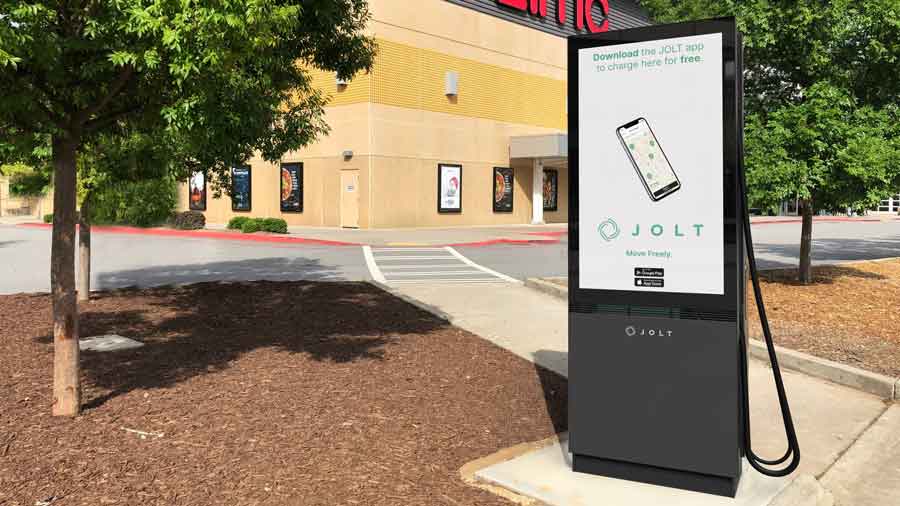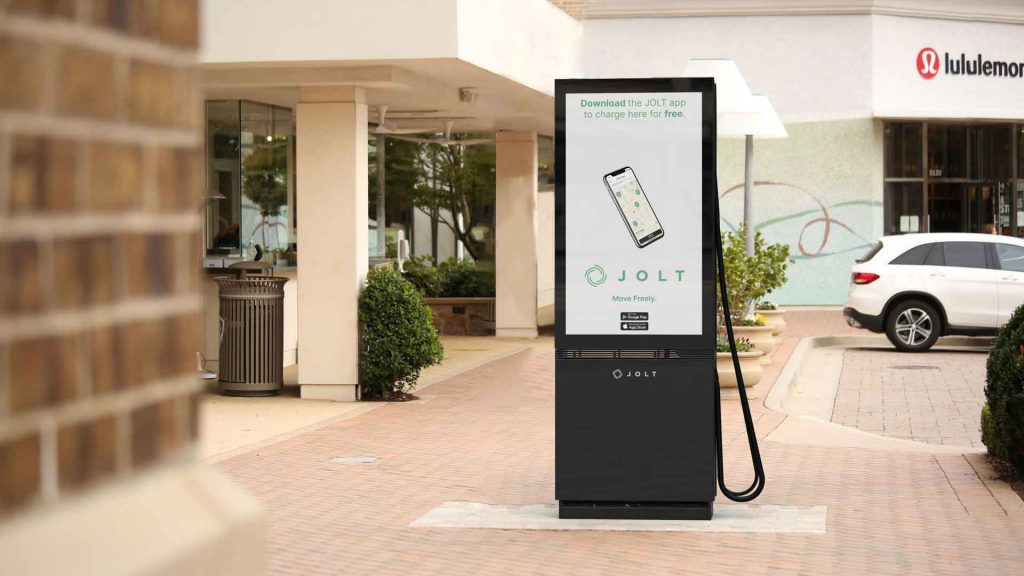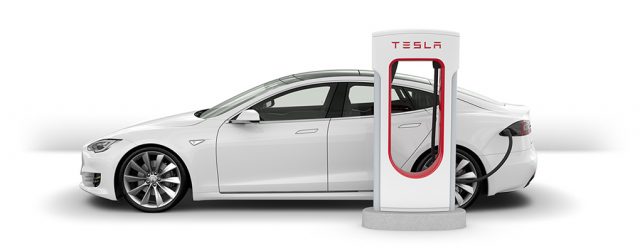Ad revenue pays the way for new Jolt EV charging network
Advertising signage displayed on EV charging points will allow operators to offer free charging across the new Jolt EV charging network.

Free EV charging will be funded by revenue from advertising signage across Adelaide as part of a new trial.
Led by EV charging specialists JOLT Charge, the Jolt EV charging network will consist of 21 charging units across the Adelaide local government areas of Campbelltown City Council, Charles Sturt Council, Marion Council and Port Adelaide Enfield Council.
The Jolt EV charging network will be entirely powered by renewable energy, with each of the 25 kW fast charging points providing 7kWh per free charge, delivering approximately 45km of range in 15 minutes.

Jolt Charge CEO Doug McNamee said he is thrilled to see the company’s vision come to life.
“Through this grant from ARENA, we’re able to make EVs more accessible, particularly for those that don’t have secure off-street parking,” Mr McNamee said.
“We are excited to be partnering with innovative and forward-thinking councils, helping them to transition to a zero-emission transport future.”
Jolt EV charging network testing new models
JOLT’s project will test the commercial viability of using revenue from advertising sales to develop EV charging infrastructure and provide free charging for EV users. If successful, the project could help to grow charging networks in preparation for the projected growth in EV sales.
The project has received $983,776 from ARENA towards a total $1.97 million cost, under the agency’s work to boost the integration of renewable electricity into the network.
Announcing the funding, ARENA CEO Darren Miller said JOLT’s innovative model would help to test consumer behaviour in using EV charging in metro areas.
“The advertiser funded model for EV charging is untested in Australia and JOLT’s project could lead to a viable business model to address charging availability and range anxiety and therefore lead to increased uptake of EVs,” Mr Miller said.
“This project will test the appetite of customers living in metro areas who use their vehicles for shorter trips to charge their vehicles while they’re out shopping or at public events. The more we can learn about consumer behaviour now, the better prepared we will be for the broader uptake of EVs across Australia, ” Mr Miller said.” Mr Miller said.
The announcement builds on ARENA’s past support for EV charging projects, including the Chargefox and Evie intercity networks, and smart charging trials led by AGL and Origin.
Paying up
JOLT’s Adelaide network is being developed with an urban focus, providing a quick injection of energy to travel around metro areas. If EV owners decide to continue charging beyond the initial free 15 minute period, they will be charged a usage fee.
The cost of EV charging varies around the country, with some municipalities offering free charging for residents, while others charge a fee per minute or kilowatt hour.

In Australia it costs an average of 52 cents per kWh to charge at a Tesla Supercharger, with variation according to location and charging speed. The Evie Network, being installed at Caltex service stations around Australia, offers ultra fast charging for 60 cents per kWh of electricity. At these rates, it costs between $20 and $30 to charge a standard range Tesla Model 3 or Nissan Leaf.
The cost of charging is sometimes built into the upfront cost of some new EVs, which come with subscriptions to commercial charging networks, or EV owners can sign up to their preferred network and pay as they go.
LIKE THIS STORY? SIGN UP TO OUR NEWSLETTER

ARENA